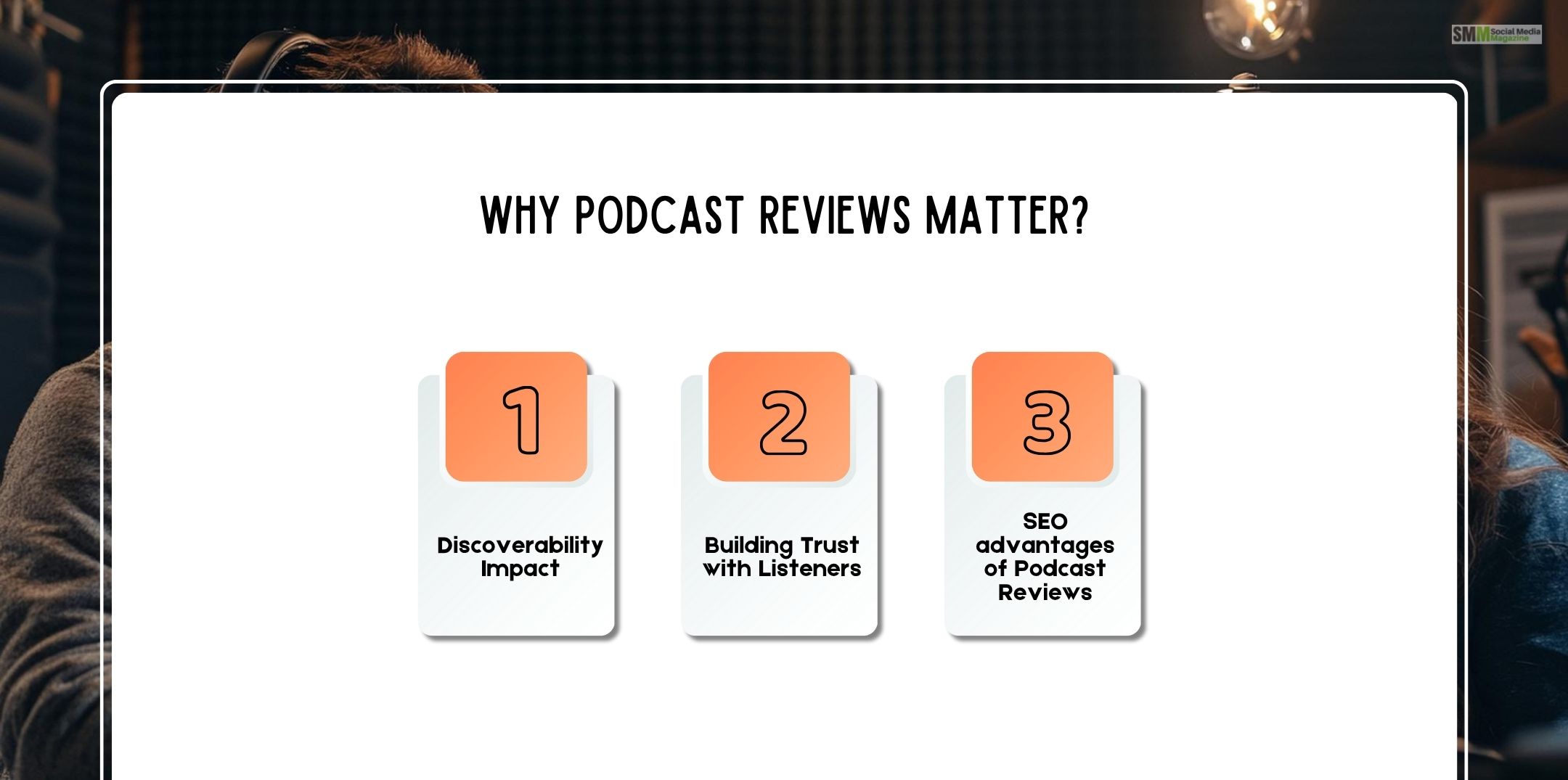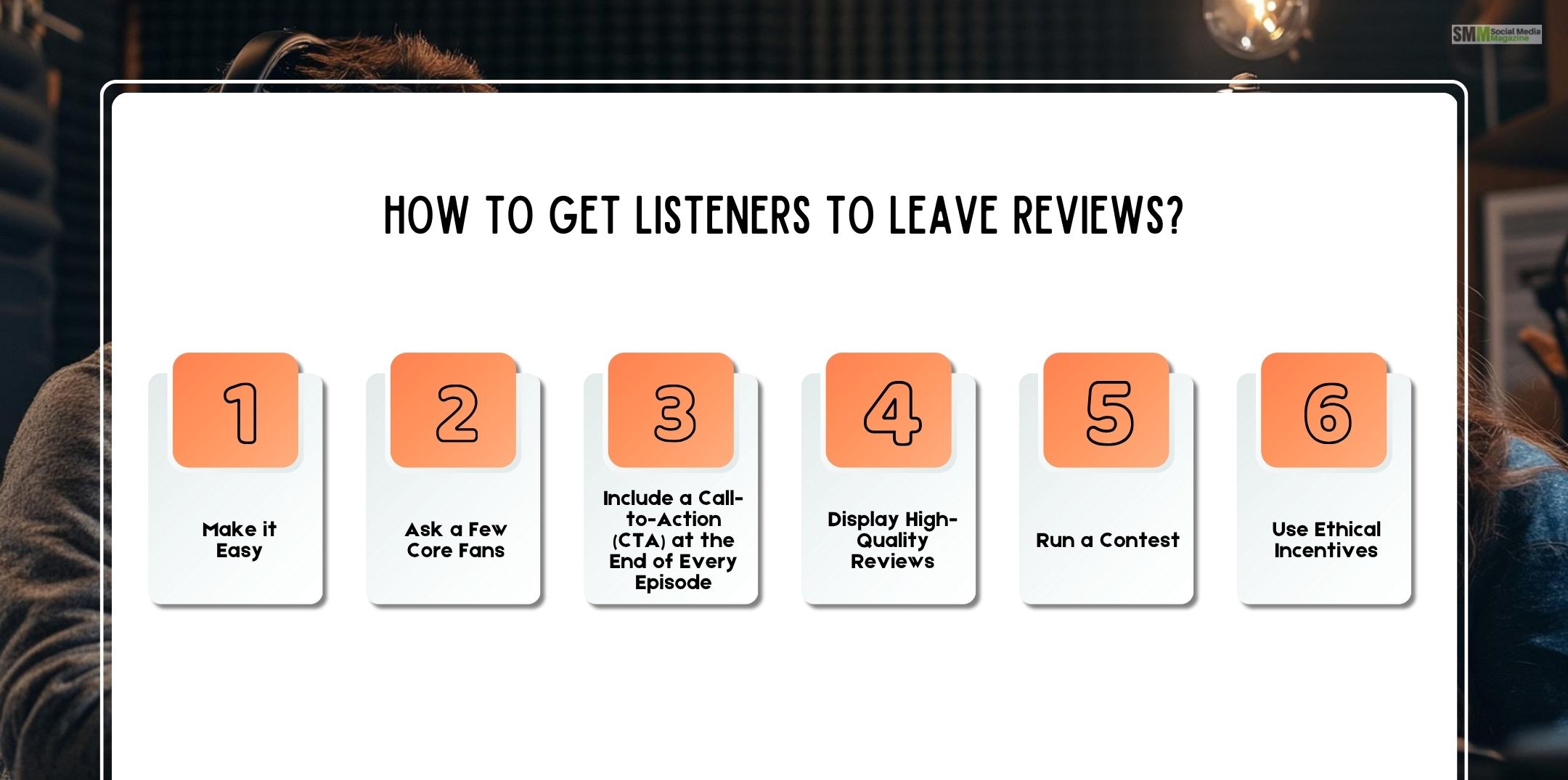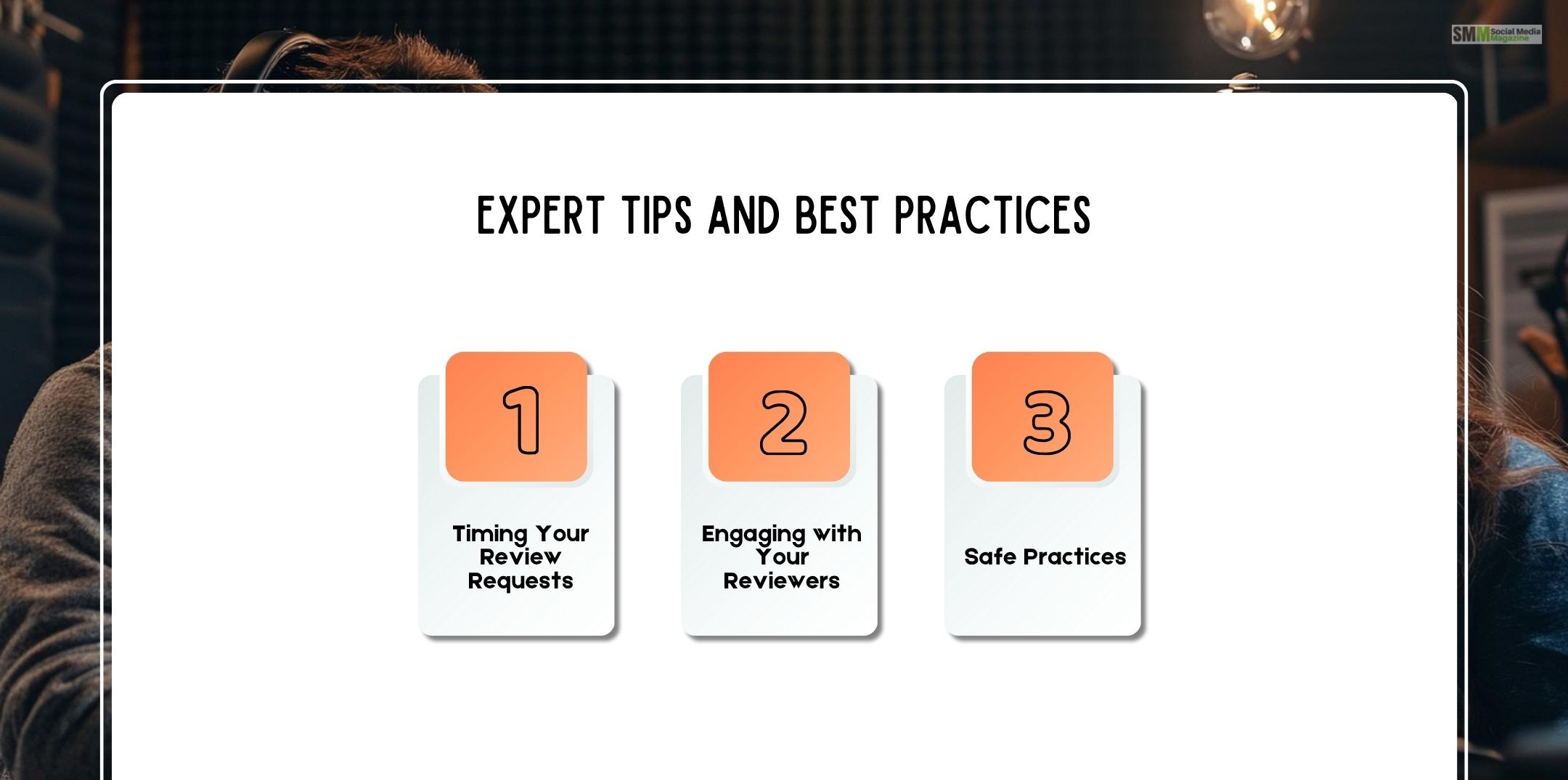How To Launch Influencer Marketing Campaigns Without Hiring An Agency?
Nabamita Sinha, 2 days ago

In an era where over 5 million podcasts compete for listeners (as stated in Spotify for Podcasters, 2024), getting your show noticed is hard. Beyond great content and consistent uploading, another less frequently overlooked aspect that determines success is podcast reviews.
Podcast reviews are a form of digital word-of-mouth marketing. They tell potential listeners that your podcast is worth their time and help streaming services like Apple Podcasts, Spotify, and Google Podcasts discover podcasts worthy of further promotion.
A study by Podnews revealed that podcasts with over 50 reviews are three times more likely to perform better in Apple’s “Top Charts” than podcasts with less than a dozen reviews. Not only do reviews boost credibility but also trust and help bring in sponsors or co-creators.
This guide will walk you through why podcast reviews are valuable, how to build them organically, and what tools and best practices can help with ongoing growth.
Whether you’re an independent developer or operating a production team, these techniques will help you convert your listeners into an active community of reviewers and supporters.

Podcast reviews influence everything from the way algorithmic platforms advertise your show to the perceptions of potential listeners regarding your credibility. Let’s take a look at their main advantages.
Every one of the top podcast platforms — Apple Podcasts, Spotify, Google Podcasts, Amazon Music, etc. — uses engagement metrics like ratings, reviews, and completion rates when determining which shows to include.
For example
In short, the more reviews you get, the more recognized your podcast is. That means more discoverability, especially for new listeners who rely on ratings as a barometer when sampling a new show.
Humans are a social species — we trust others’ opinions, especially when it comes to choosing entertainment. A podcast with hundreds of five-star ratings feels more established, credible, and worth investing time in.
Good reviews are social proof, showing potential listeners that your podcast consistently offers value. That credibility does not just attract occasional listeners but makes them loyal subscribers.
Besides, reviews create engagement loops. As you read listeners’ comments on the radio or share them on social media, you validate their effort. That encouragement prompts more fans to contribute their feedback, nurturing your community.
Reviews make your podcast SEO (Search Engine Optimization) both in directories and on Google. Websites depend on review content and keywords to understand the topic of your podcast.
For instance:
So, gathering uniform, authentic reviews not only gets you on the charts but also makes your podcast more discoverable on the internet.

It is hard to get listeners to leave a review, and especially so in the midst of lots of competition in the world of content. The trick is to offer a frictionless, authentic experience.
Listeners will most likely refrain from leaving reviews since the process seems to be overly complicated. Make it simple:
Menü
As simple as one click, convenience has a tangible impact on conversion rates.
Start with your most loyal fans. These could be:
Ask them to review personally because this creates momentum. After a few reviews go up, others are bound to follow.
A consistent, chatty CTA works magic. Keep it short and heartfelt:
“If you liked today’s episode, please take 30 seconds to leave a rating and review on Apple Podcasts. It helps us grow and reach more great listeners like you.”
New listeners who have just finished a good episode are more likely to respond emotionally — and act quickly.
Including listener reviews in your podcast or social streams accomplishes two things:
Example:
“Before we get into today’s discussion, I wanted to mention a review from Alex who said, ‘This podcast totally shifted how I approach small business marketing!’ Thanks, Alex!”
That quick mention supports the feeling of community and encourages ongoing participation.
Make your review campaign fun. Contests make your offer feel limited-time and create a sense of excitement.
For instance:
Contests tend to generate 2–3x the number of reviews in a short amount of time.
Ethical incentives provide a reward for participation without skewing results.
Examples are:
These incentives make individuals feel special, producing genuine interaction and loyalty.
Different platforms have dissimilar review and rating strategies. Knowledge of these differences helps you craft your requests more powerfully.
Apple Podcasts remains the standard for industry ratings and reviews.
How it works:
Best practices:
Tip: Utilize tools like podcasts.apple.com/link or pod.link/showname to build universal review links that will auto-detect device type.
Spotify now allows listeners to post star ratings (but no written reviews).
In order to maximize engagement:
Spotify ratings make you more discoverable in personalized playlists and “Podcasts You Might Like” sections.
Request fans across platforms to rate where they listen most.
Also Check: How To Cite A Podcast — MLA, APA & Chicago (with Examples & Templates)
Review monitoring helps you track progress, identify trends in feedback, and reply accordingly to listeners.
| Tool | Purpose | Key Features |
| Podchaser | Gather and reply to reviews | Solo episode reviews, listener tools for engagement |
| Chartable | Performance measurement and analytics | Inter-platform measurement, smart links, review aggregation |
| Podfollow | Simple linking and tracking | Device-intelligent URLs, redirect analytics |
| MyPodcastReviews | Aggregates reviews globally | Email summary daily, Apple & Podchaser integration |
These features help you automate review monitoring so you never fall behind on audience comments again.
Reviews aren’t vanity metrics; they’re insight. If a number of reviewers tell you:
This feedback cycle is what enhances your show’s quality and listening experience. Witnessing their input being used in turn forges loyalty.

From recommendations made by top podcasters like Pat Flynn and Jordan Harbinger, here are expert-level techniques to own the review game.
The “when” is just as significant as the “how.” Best times are:
Don’t ask too much; subtle nudges are more effective.
Engagement turns listeners into evangelists. Tips are:
Thanks to reviewers creates reciprocity — when fans feel heard, they’re more likely to keep supporting you.
Authenticity prevails in the end.
New podcasters unintentionally shoot themselves in the foot. Avoid these missteps:
Treat review-building as a long-term engagement strategy, not a single campaign.
Here are a few questions and queries that others have asked on the topic that you might find helpful at the same time.
No magic number, but steady, regular reviews signal active listening — more valuable than volume spikes.
Yes, and you should. Polite, direct asks are incredibly effective when done authentically.
No. They violate Apple and Spotify’s community guidelines and can get your show taken down.
Once per episode is sufficient. Or, add natural triggers every few weeks.
Yes, indirectly. More reviews mean more credibility, and credibility attracts advertisers and sponsors.
Take it as constructive criticism. Thank the reviewer and address issues if possible.
Be kind, brief, and appreciative. Always thank the listener for taking the time to listen.
Apple reviews have the most weight, but Spotify and Podchaser reviews influence listener behavior as well.
Yes. Share great reviews on Instagram or X (Twitter) in the format of thankfulness posts and encourage your community to follow along.
Typically, a consistent strategy yields real results in 30–90 days, depending on frequency and engagement.
Podcast reviews aren’t just metrics; they’re conversations that unite you and your audience. They establish trust, create visibility, and enhance credibility on platforms.
By focusing on authentic engagement, simplifying the review process, and showing gratitude, you’ll naturally inspire your audience to support you. Remember: every single review, whether glowing or constructive, represents a listener who cared enough to share their voice.
Keep your community involved, and your reviews — along with your podcast’s reputation — will grow organically over time.
Nabamita Sinha loves to write about lifestyle and pop-culture. In her free time, she loves to watch movies and TV series and experiment with food. Her favorite niche topics are fashion, lifestyle, travel, and gossip content. Her style of writing is creative and quirky.